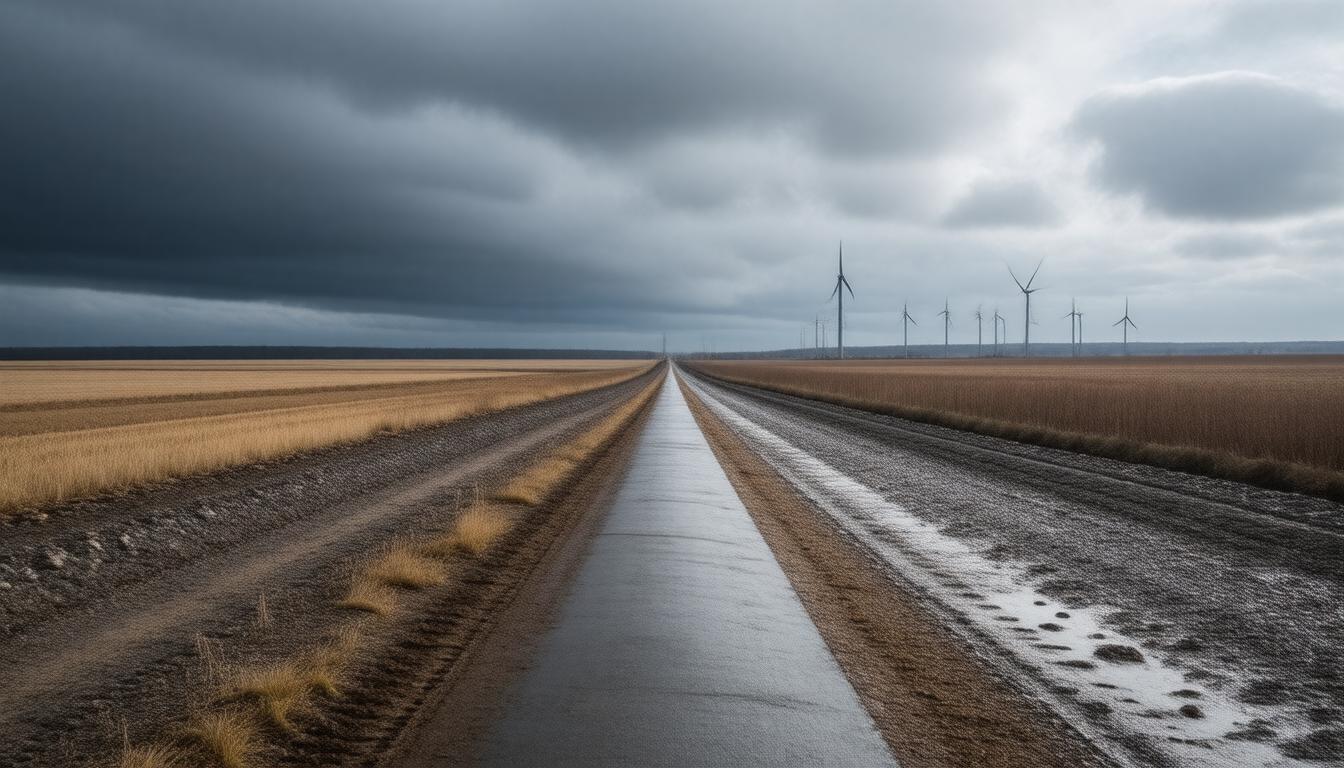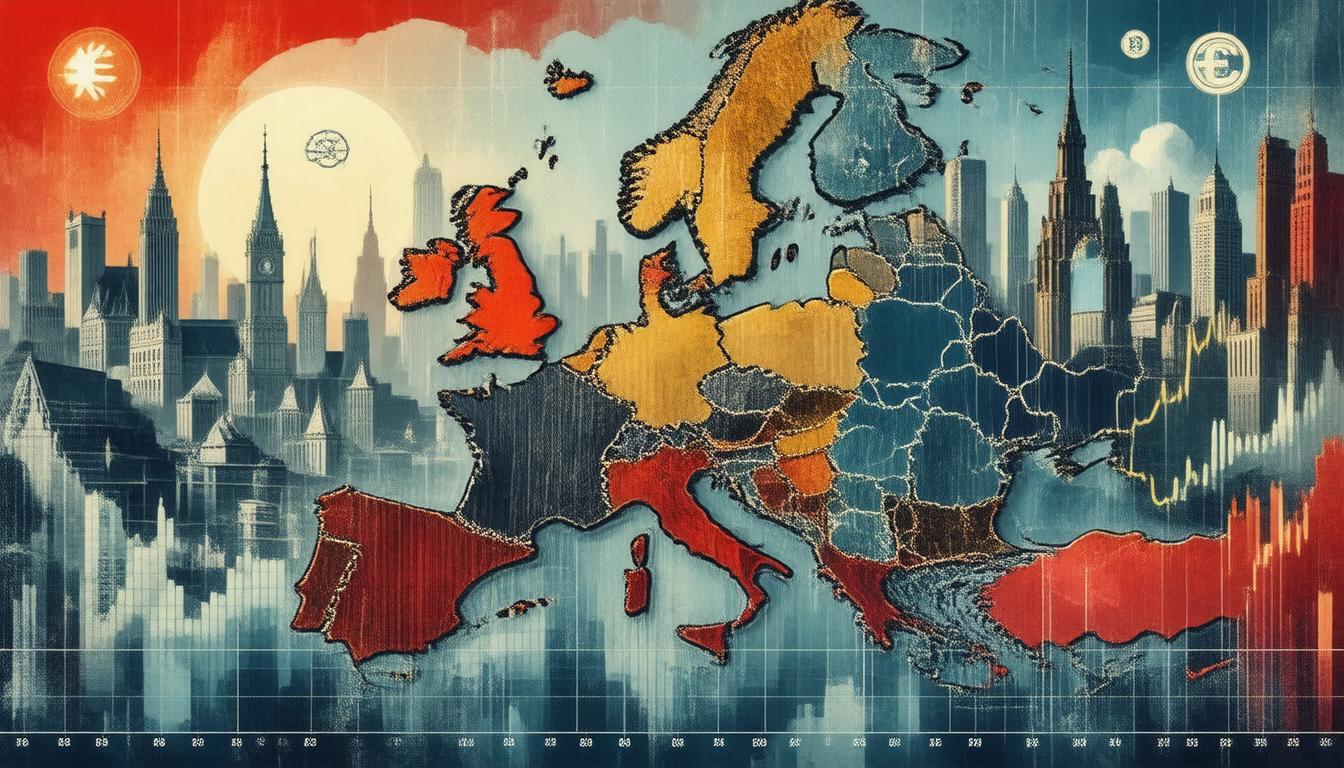The recent halt of gas exports from Russia to Europe through Ukraine marks a significant turning point in European energy dynamics.
On New Year’s Day, this disruption was triggered by the expiration of a transit deal that established a critical energy corridor during the Soviet era.
Following a series of escalating geopolitical tensions since the annexation of Crimea in 2014, this event underscores a broader shift in energy collaboration and dependency.
In this article, we will explore the historical context of Russian gas exports, the implications for European energy security, and the emerging alternatives to ensure a sustainable energy future for Europe.
Key Takeaways
- The termination of Russian gas exports through Ukraine marks a pivotal change in Europe’s energy landscape.
- Ukraine’s loss of transit revenue emphasizes the economic ramifications of the halted gas supplies for both countries.
- Europe’s search for alternative energy sources highlights the ongoing shift away from dependency on Russian gas.
The Historical Context of Gas Exports from Russia to Europe
The geopolitical landscape surrounding gas exports from Russia to Europe has undergone a dramatic transformation, particularly highlighted by the recent cessation of gas flows through Ukraine.
This pivotal moment in energy trade occurred on New Year’s Day, marking the conclusion of a crucial transit deal that had its roots in the Soviet era.
The shutdown of this significant gas route came on the heels of heightened tensions following Russia’s annexation of Crimea in 2014, a move that ultimately prompted Ukraine to halt its purchase of Russian gas in
2015.
Ukrainian Energy Minister German Galushchenko labeled the suspension of exports as a landmark event, emphasizing that it signifies a substantial market loss for Russia and hints at potential financial difficulties ahead for the state-controlled Gazprom.
This development is particularly noteworthy given that Ukraine’s pipeline system was responsible for nearly half of Russia’s gas exports to Europe.
While Russia has redirected some of its gas exports through the TurkStream pipeline to Central Europe, the overall landscape remains precarious.
The constraint on Russian gas exports has also initiated a proactive response from the European Union, which has been actively exploring alternative energy sources to mitigate dependency.
As countries like Slovakia and Austria scramble to secure new supplies, Moldova faces its own hurdles as it aims to slash gas consumption by a third in response to the disruptions.
Gazprom has pointed to Ukraine’s rejection of a new transit agreement as a direct cause of this energy impasse, projecting a staggering $800 million annual revenue loss for Ukraine alongside an estimated $5 billion loss for Gazprom.
Moreover, with other significant routes like Yamal-Europe and Nord Stream facing either operational shutdowns or damages amidst ongoing conflict, the reliance on Russian gas has been significantly curtailed, bringing both challenges and opportunities for the European energy market.
Impacts on European Energy Security and Alternatives
As the energy crisis continues to unfold, European countries are increasingly prioritizing energy security by seeking alternative sources of gas and renewable energy.
In response to the disruptions in Russian supplies, Europe is looking toward diverse suppliers and innovative energy solutions, including liquefied natural gas (LNG) imports from the United States and Qatar, as well as expanding renewable energy projects across the continent.
The EU’s commitment to reducing greenhouse gas emissions aligns with this shift, driving investment in solar, wind, and other sustainable energy technologies.
Countries within the EU, such as Germany and Poland, have already initiated measures to enhance their energy resilience by boosting domestic production of renewables and diversifying import routes.
Additionally, infrastructure developments for LNG terminals are underway to facilitate the import of natural gas from alternate sources.
This multifaceted strategy not only addresses immediate energy needs but also sets the groundwork for a more sustainable and secure energy future in Europe, reducing dependency on volatile supplies while promoting long-term economic stability.















